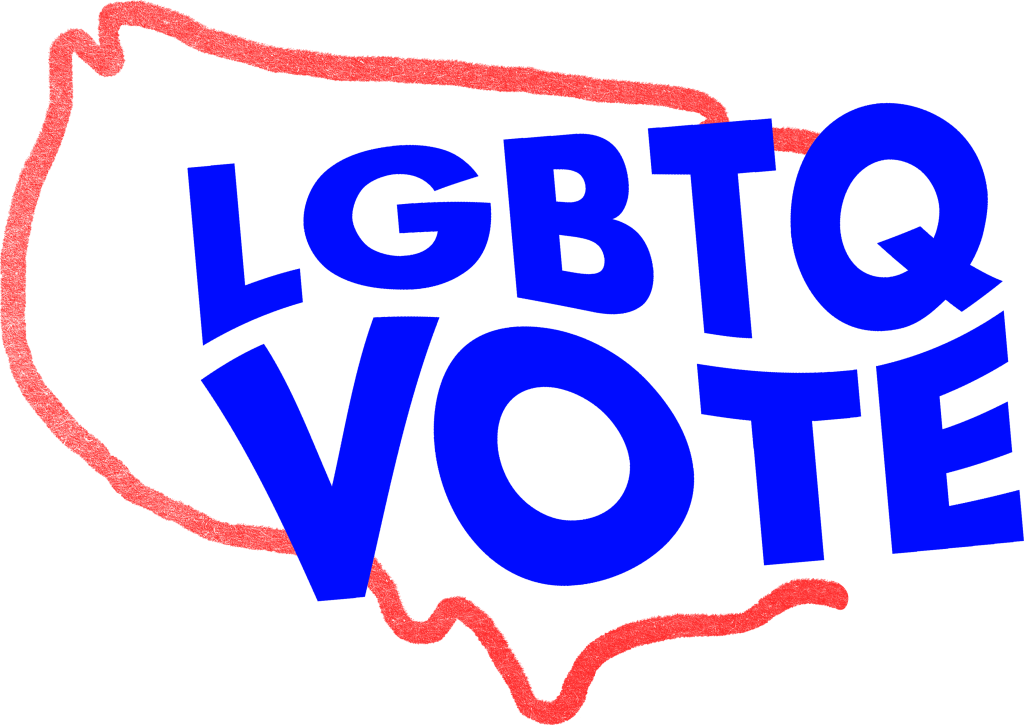Voting rights legislation has stalled in the U.S. Senate, with Republicans using the filibuster to block debate. Senate Majority Leader Chuck Schumer has promised to make a rules change to allow voting rights to be voted upon in the Senate by a simple majority rather than filibuster-proof majority.
President Biden and Vice President Harris are visiting Atlanta on Tuesday to urge the passage of voting rights protections.
Voting rights are an LGBTQ issue. 29 states have no protections against discrimination based on sexual orientation or gender identity. Bills are already being proposed in state legislatures that restrict LGBTQ people and especially transgender youth access to necessities and basic dignities: bathrooms, healthcare and school sports. Laws that limit LGBTQ people from voting block their ability to choose lawmakers who will defend and protect their health, safety, education, and access to society without discrimination.
Here’s some background to include in coverage of Biden and Harris’ visit and the need for federal protections of the right to vote.
- LGBTQ Americans are not fully protected from discrimination in 29 states, including 93% of LGBTQ Southerners who live in a state that does not have laws to protect them in virtually every aspect of daily life.
- More than one-in-five LGBTQ Southerners are Black. The legacy of slavery and systemic racism has significant, lasting impact on queer people of color in states without LGBTQ protections.
- State and local elections are vital to LGBTQ equality. Last year, more than 100 anti-LGBTQ bills were introduced in 35 states, with the highest number of anti-LGBTQ bills passed in a single legislative session. Many bills directly targeted the basic rights of transgender youth, banning them from necessary healthcare or access to school sports.
- According to the LGBTQ Victory Fund, LGBTQ people hold just 0.2 percent of all elected positions in the United States, despite representing at least 5.6 percent of the U.S. population. Laws that limit LGBTQ people from voting by extension limit the election of LGBTQ candidates to office as well.
- 49 states and Washington, DC require voter registration to match the legal name
- 35 states have voter ID laws, requiring voters to present ID to confirm their identity before they can cast a ballot. North Carolina passed legislation in 2019 to delay the passing of a voter ID law in the state. The law was struck down in 2021, and an appeal is likely.
- 24 states restrict transgender and nonbinary people from legally updating their IDs to reflect gender identity
- 21 states offer gender-neutral driver’s licenses and ID cards with an ‘X’ marker in the sex field alongside the ‘F’ and ‘M’ options
- LGBTQ voters provided the winning edge for Biden in the 2020 election
- at least 2 million vote-eligible LGBTQ Americans are not registered to vote
GLAAD has partnered with HeadCount to help register LGBTQ voters – check your registration status and register to vote here.
The National Center for Transgender Equality has created a guide to ensure transgender voters are not denied their right to vote.













